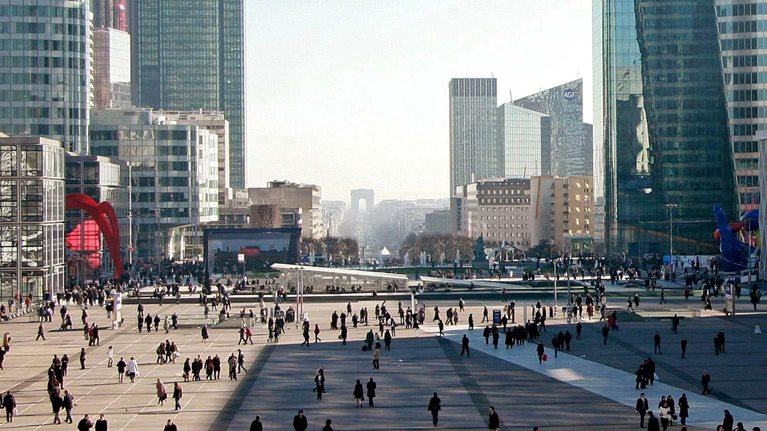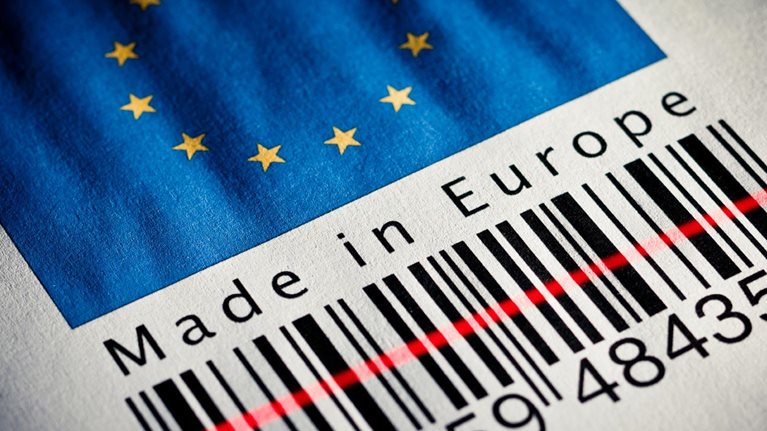Nicolas Sarkozy won the French presidency on a platform of sweeping economic reform, and he appears prepared to act decisively, promising to enact a raft of new policies within his first 100 days. Will he succeed where others have failed and unleash France's full economic potential?
The President-elect faces a significant challenge. Since 1995, France has lost 300,000 jobs in various industries, from aviation to automotive. Unemployment remains high, despite some recent improvement. France's productivity growth has slowed, and its share of global exports of manufactured goods has fallen. The country's large public sector is an inefficient drag on the performance of the economy as a whole. But new research by the McKinsey Global Institute and McKinsey & Company's Paris office finds that France has considerable potential to turn around its recent history of economic underperformance.
It is clear that France has suffered a broad-based decline in its competitiveness. Although all developed economies have lost market share of global exports to emerging economies in recent years, France's 16% share loss is double that of the U.S. and triple that of Germany. However, France is far from being the "sick man of Europe" as some have recently characterized the country.
Plenty of Promise
France boasts many thriving sectors that are creating jobs and enjoying growing productivity. If Sarkozy is to become a successful "presidential entrepreneur"—as former foreign minister and close aide Michel Barnier described him—he should build on these successes, rather than focusing on the inherently less competitive parts of the French economy. To do this, he will have to break with the dirigiste tendency of his own past; after all, it was Sarkozy who, as finance minister, organized the state bailout of engineering conglomerate Alstom.
Our research divided French industry—which still generates nearly one-quarter of the country's employment and added value—into five segments and analyzed the performance and prospects of each. Of the five, three are rich with promise: (1) "innovation-driven" sectors that rely heavily on technology, such as aircraft manufacturing, semiconductors, and nuclear energy; (2) "strongly branded" sectors, such as haute couture, cosmetics, and other luxury goods; and (3) "regional" sectors, which thrive on their close proximity to the huge European market, such as basic chemicals and electricity generation.
These are the parts of France's economy that have done well and will continue to do so, given the right conditions and government policies. Innovation-driven and strongly branded sectors posted impressive annual gains in productivity of 4.9% and 3.7%, respectively, during the period from 1990 to 2003. They account for 21% of French exports, and together with the regional sectors, account for 42% of French industrial employment. There is every potential for these sectors to play a major role in France's future prosperity and to help lower high unemployment.
A Shift in Focus
Other parts of French industry undoubtedly face a challenging future. Some "at a crossroads" sectors, including automotive and telecommunications equipment, are under pressure from intense international competition on product quality, innovation, and pricing. Other "highly exposed" sectors, such as apparel and electrical consumer goods, are under even fiercer price competition from developing economies.
These sectors are the source of France's competitiveness problem. Between 1990 and 2003, they lost 360,000 jobs, half of all those shed by French industry as a whole during the period, and their productivity growth has stagnated. However, they still account for some 20% of French industrial employment today.
The challenge for France's new president is to focus more on nourishing the sectors with the most potential—and less on the ones struggling to compete globally. He won't be alone: All major industrial economies are going through this transition, away from low value-added manufacturing activities toward higher-value sectors and services based on innovative new products and improved business processes. France, too, must make this shift.
The Power of Three
Three policy changes are critical. The first priority is to ensure that French companies do not find themselves hobbled by regulation. French businesses already face increasingly fierce competition not only from emerging economies such as China but from other players in the European Union's single market. France is well-placed at the heart of one of the world's largest markets, but regulatory restrictions currently prevent some of the country's best-performing companies from achieving the necessary economies of scale. France's regulatory regime needs to evolve.
Second, it is vital to make labor markets more flexible. Sarkozy has shown that he is well aware of this importance, indicating that he will tighten eligibility for unemployment benefits and loosen the need to comply with the 35-hour workweek. However, he hasn't yet signaled his intention to improve the ease with which French companies can hire—and if needed, fire—workers. Without tackling this acutely politically sensitive area, Sarkozy will find it hard to boost employment and France's overall economic performance.
Finally, France must boost the low level of productivity of its public sector, which remains a very large part of the economy. With an aging population, there will be greater demands on France's public sector. Only by raising the sector's productivity can these demands be met without compromising the health of the rest of the economy.
For both the public and private sectors, the new president must promote excellence in those parts of the economy with the highest potential, while helping workers transition out of those that are already taking heavy weather in the global economy. France's future lies in embracing competition as the driver of innovation and dynamism, not in maintaining the regulatory protection that has stifled growth, employment, and the dynamism of its world-class companies.
Farrell is the director of the McKinsey Global Institute, McKinsey's economic research arm.
This article originally ran in Businessweek.


